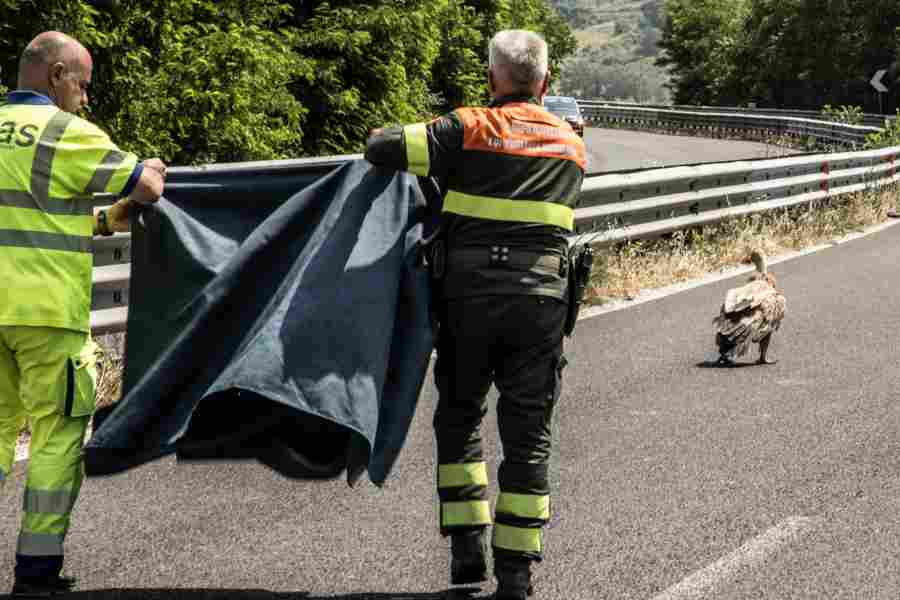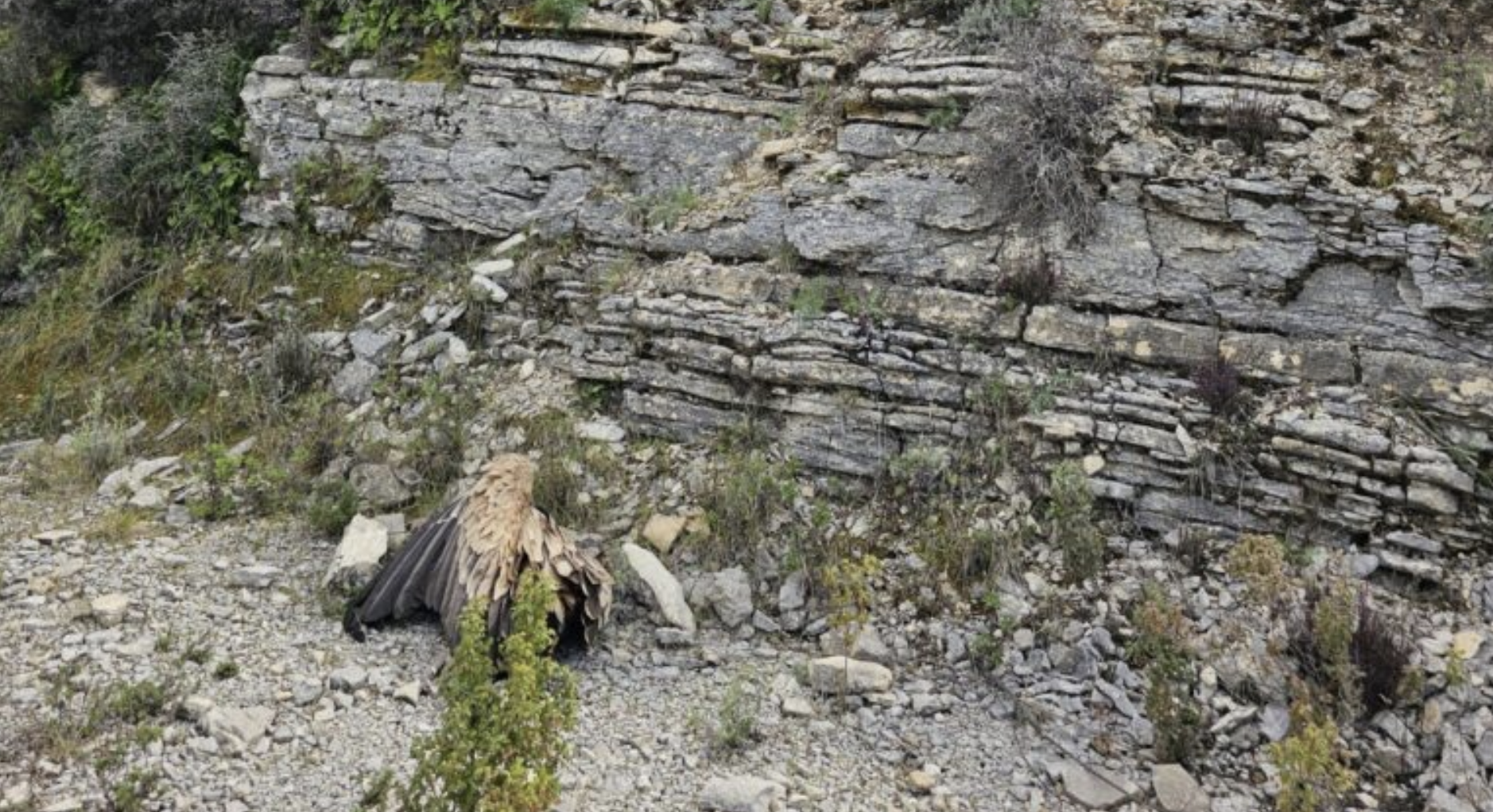…that Spain has around 25,000 pairs of griffon vulture, up from only 2,500 pairs in the 80s? Griffon vulture is the least threatened, and the most common of European vultures, and their populations in the western part of Europe – Portugal, Spain and France – have increased a lot – elsewhere in Europe and the middle east they are still rare, localised or with fragmented populations, even though there are signs that the populations in the Balkans are starting to recover.
The last comprehensive census of griffons in Spain dates from 2008, and next year there will be a new nationwide survey – the expectations is that the populations is now stable after such a significant increase, even though there have been local declines or increases.
This substantial increase in the griffon vulture population in western Europe is mainly due to better protection, minimisation of the poison problem, a lot of conservation investment by the EU LIFE fund and regional and central governments, and the establishment of adequate livestock management regimes that allow for griffons to fund plenty of food (through supplementary feeding sites and the abandonment of carcasses).
Vultures play a very important role in the world´s ecosystem – they are nature’s clean-up crew. They don’t kill, they eat the flesh of other dead animals, thus helping to reduce the spread of disease and eliminating the need for the treatment and incineration of thousands of tons of animal remains every year, saving us millions of euros in waste management and potential emissions of hundreds of thousands of tons of C02 per year.
Unfortunately, they face a range of threats and so populations of many species are under pressure and some species are facing extinction – the VCF is working hard in Europe to minimize those threats and actively work on the ground with several populations to increase them.
More globally, the VCF and its partners have developed a Vulture Multi-Species Action Plan (MsAP), prepared in the framework of the Convention for the Migratory Species, that list the priority actions that need to be taken in order to improve the conservation status of 15 species of old world vultures. The Vulture MsAP will hopefully be approved by all signatory states in the next Conference of the Parties this fall, and will then be a significant tool to address these massive poisoning incidents and therefore revert the decline of several vulture species.
It is important to promote the conservation of vultures to a wider audience and highlight the important work being carried out by the world’s vulture conservationists, and today´s International Vulture Awareness Day is a great opportunity for that. Support the VCF by donating to us, or by spreading the message about our work and activities: see www.4vultures.org/news for info on our projects and vultures more widely.
Photo: Bruno Berthémy/VCF



